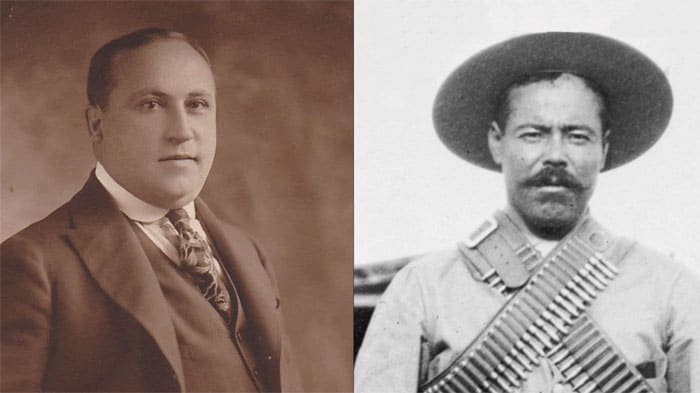 Jewish store owner Sam Ravel (left) and Mexican General Francisco “Pancho” Villa have intertwined history in the documentary “UnRaveling.” (Menemsha Films)
Jewish store owner Sam Ravel (left) and Mexican General Francisco “Pancho” Villa have intertwined history in the documentary “UnRaveling.” (Menemsha Films)
As family stories are passed down from generation to generation, it’s understandable that some of the details get muddled over the years.
But when you can read about specific members of your family in books about pivotal moments in United States history, further research into family lore may be in order.
That is what Stacey Ravel Abarbanel explores in her new documentary, “UnRaveling.” Abarbanel digs deep into the history behind her grandfather Sam Ravel, a Jewish shopkeeper in the border town of Columbus, New Mexico in 1916.
Throughout her life, Abarbanel had been told that her grandfather Sam sold everything from milk to ammunition at his mercantile store. And during what would be called The Battle of Columbus, on March 9, 1916, Sam was targeted for death by one of the most feared generals during the Mexican Revolution, Francisco “Pancho” Villa.
“It’s the story of how a scrappy Jewish immigrant grandfather and the most notorious general of the Mexican revolution are forever entwined.” — Stacey Ravel Abarbanel
“It’s the story of how a scrappy Jewish immigrant grandfather and the most notorious general of the Mexican revolution are forever entwined,” Abarbanel says in a voiceover in the documentary.
While taking out Sam was merely one of many objectives of Villa that day, the raid would ultimately be the only time in the 20th century that a major foreign military invaded the continental U.S. Eventually, President Woodrow Wilson sent thousands of U.S. troops to the town to quash Villa’s militants. Some historians surmise that Germany had been encouraging Mexico to attack the U.S. to preempt interference in World War I (the U.S. wouldn’t officially enter until April of 1917).
Despite the stories that Abarbanel had been told throughout her life, the reasons why Sam would have been one of Villa’s targets were unclear; as a museum professional, this stayed at the forefront of Abarbanel’s mind. Villa did not harm Sam during the raid—he wasn’t even in Columbus on the day of the invasion. But how, exactly, did a Jewish immigrant from Lithuania come to be a target in a historic battle on the U.S.-Mexico border?
“In the case of my grandfather Sam, a part of his life bisected with a very major moment in U.S. history,” Arabanel told the Journal. “Because of that, I was able to find out more about him and that moment than perhaps many people might be able to.”
The documentary goes through some of Sam’s early days leading up to becoming a shopowner along the border. It’s noted that while so many stories of Jewish immigrants coming to the U.S. began at Ellis Island, Sam’s began at the Port of Galveston in Texas by way of Mexico and Lithuania.
“There were other people like my grandfather, like so many of these people who became pioneers of the Southwest,” Abarbanel said. “They did not live in isolated Jewish communities. They were immediately thrust into very diverse communities.”
Throughout the documentary, Abarbanel explores some of these lesser-known details of Jewish history in the American Southwest. Her family reunions are depicted as a powerful vector for the story of her grandpa’s place in U.S. war history persisting. Abarbanel also dives into history books, examines photographs and finds egregious errors in peer-reviewed history books that mention her grandfather and the Battle of Columbus of 1916. She also shows how the local residents of present-day Columbus commemorate their town’s history during those perilous days in the early 1900s.
“UnRaveling” is, at its core, a documentary about intergenerational storytelling and mitigating the differences between family lore, historic accounts and the local traditions that keep the story alive.
“In addition to being about this bizarre moment, [the documentary] is also about family, memory and community and how we tell our stories,” Abarbanel said.
She hopes that viewers will be inspired to dig into their family stories and learn more about ancestors they never met.
“It’s a film about all of us,” she said. ”If that encourages other people to examine their own stories a little bit more closely, that’s great.”

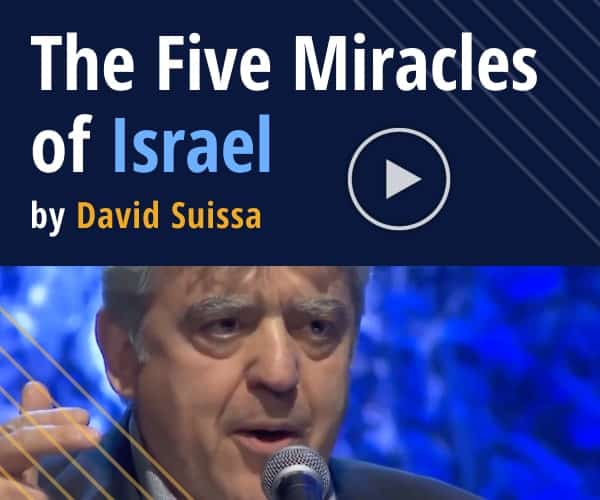








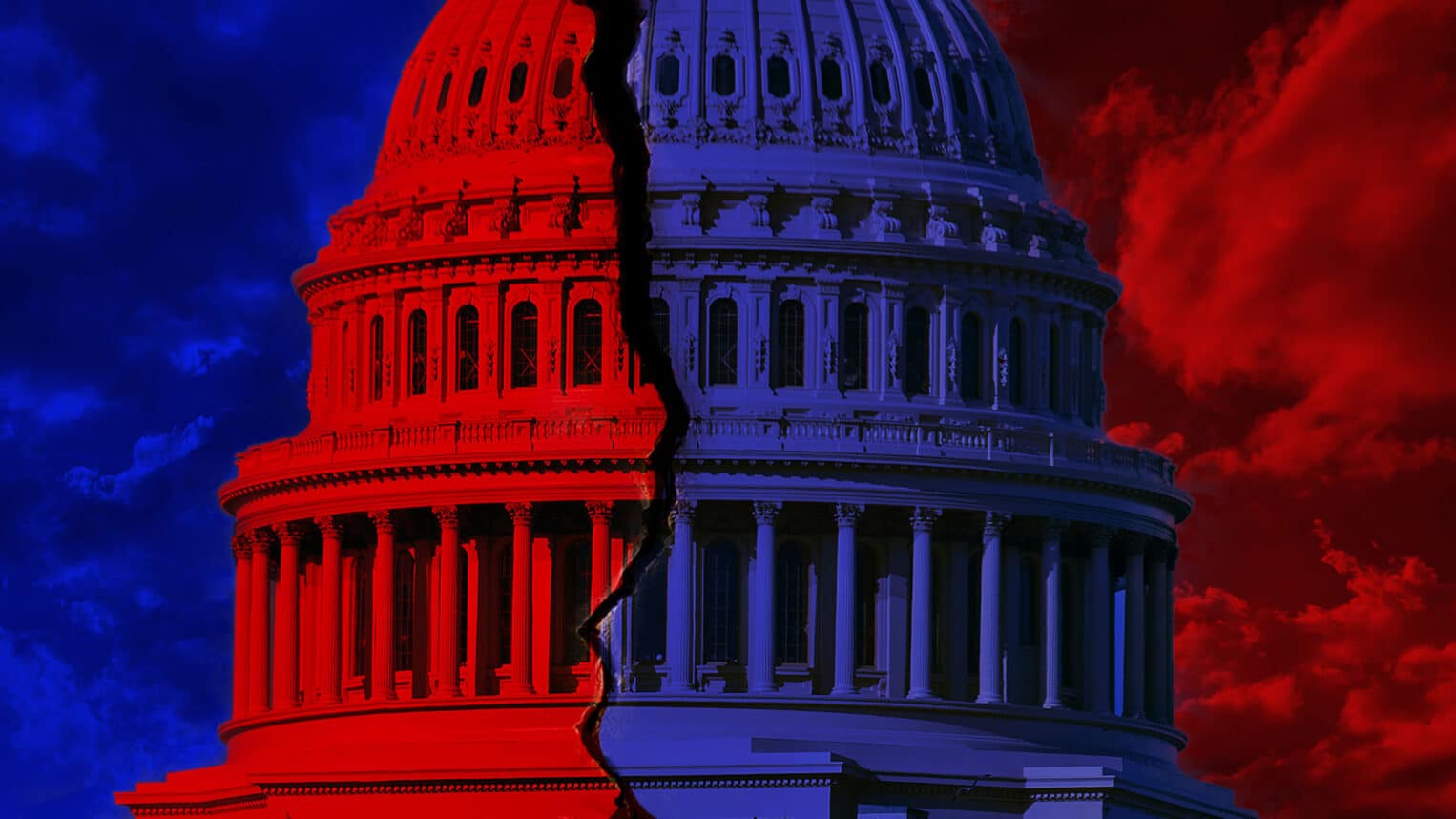
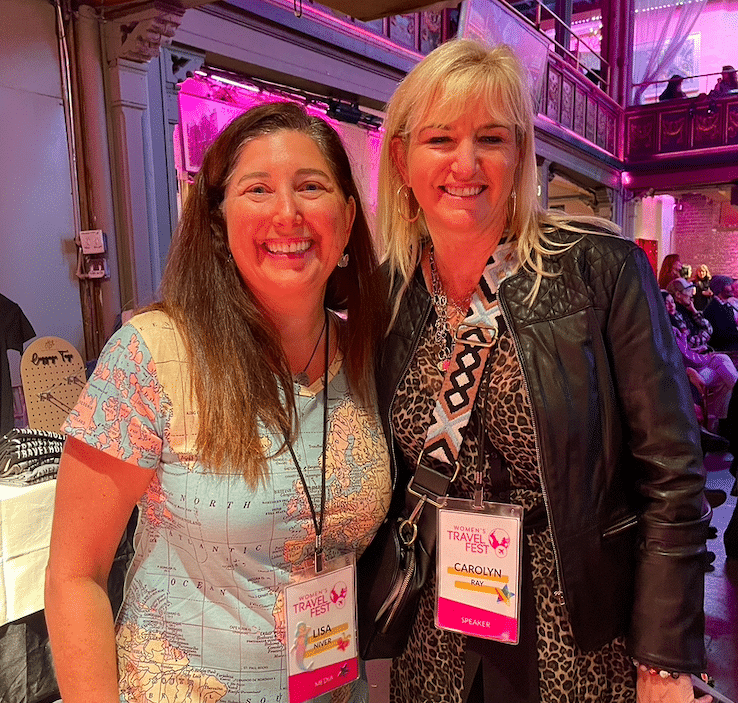
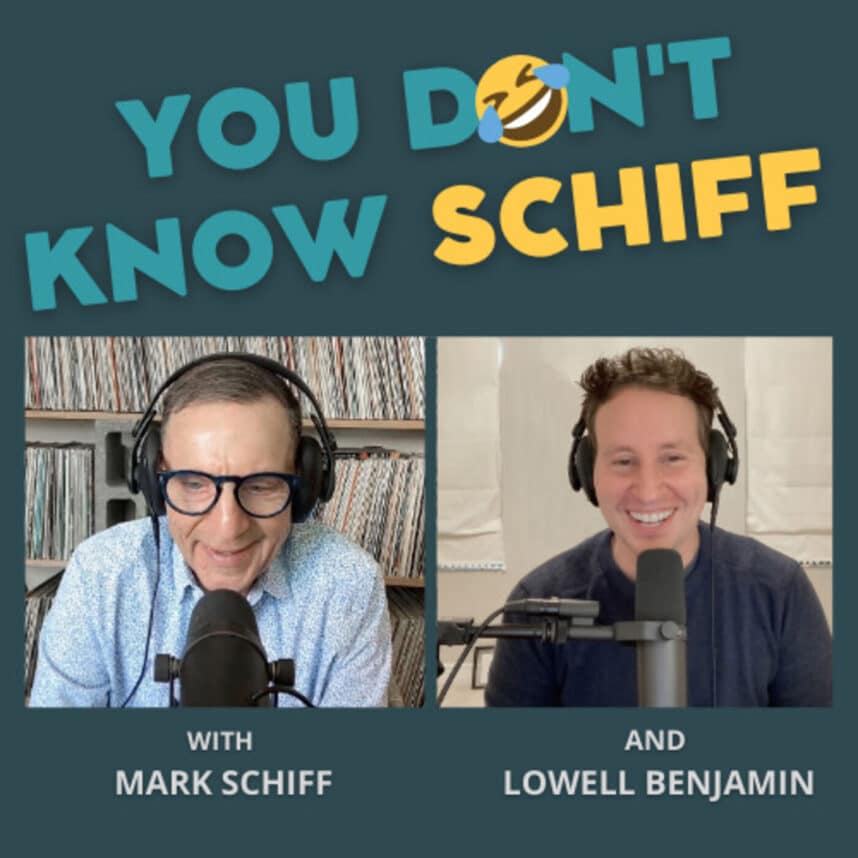
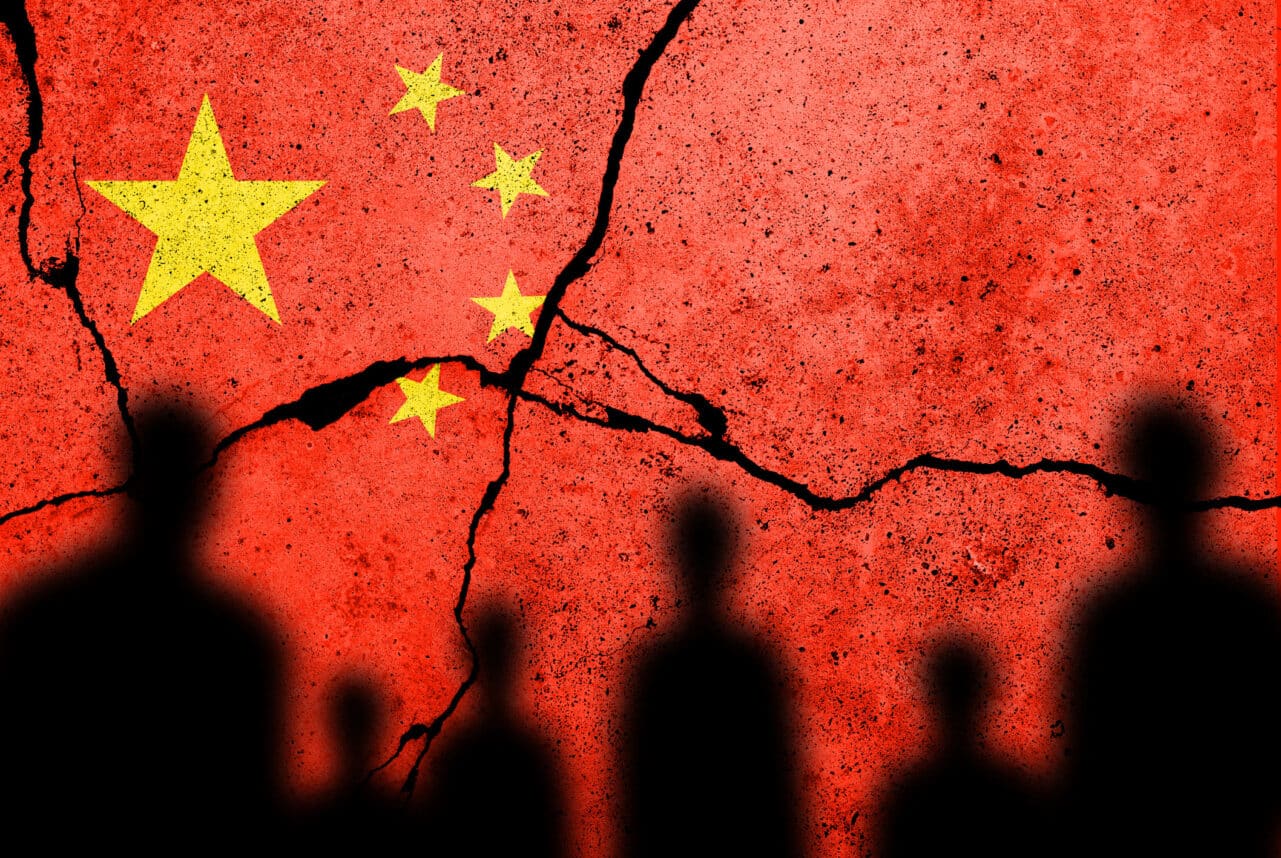


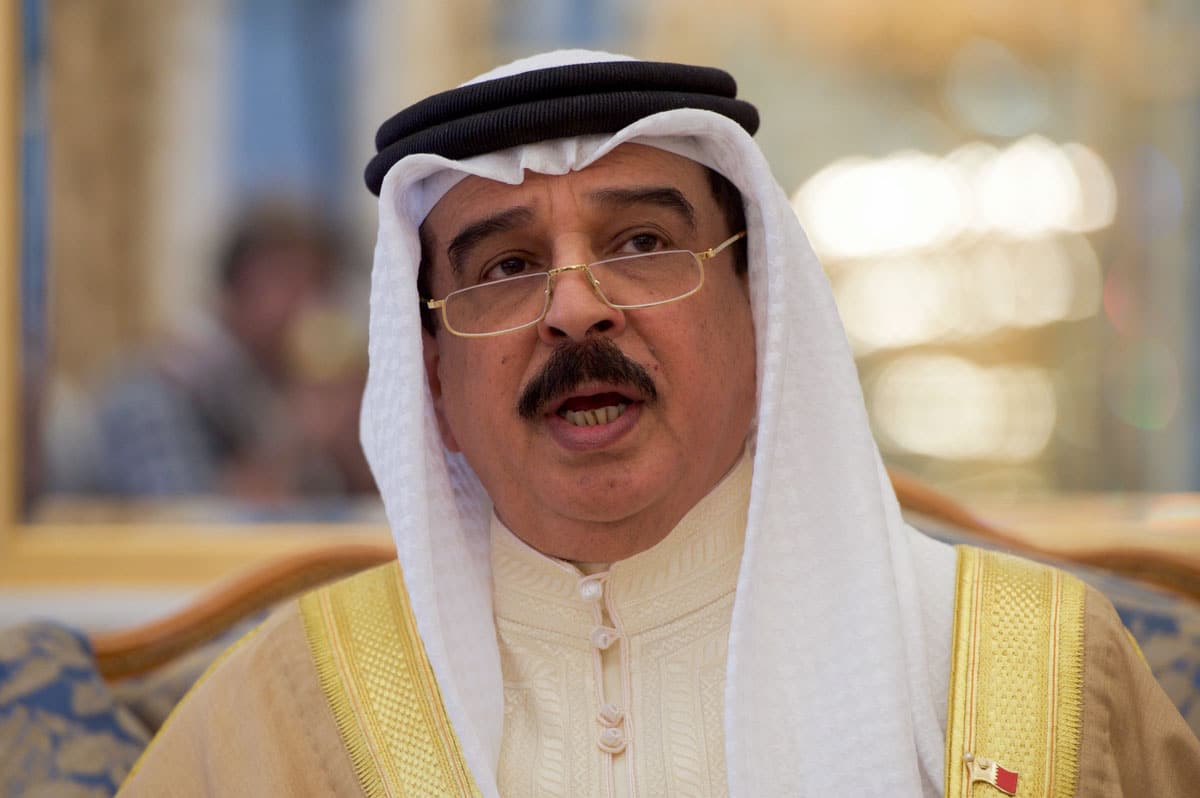




 More news and opinions than at a Shabbat dinner, right in your inbox.
More news and opinions than at a Shabbat dinner, right in your inbox.